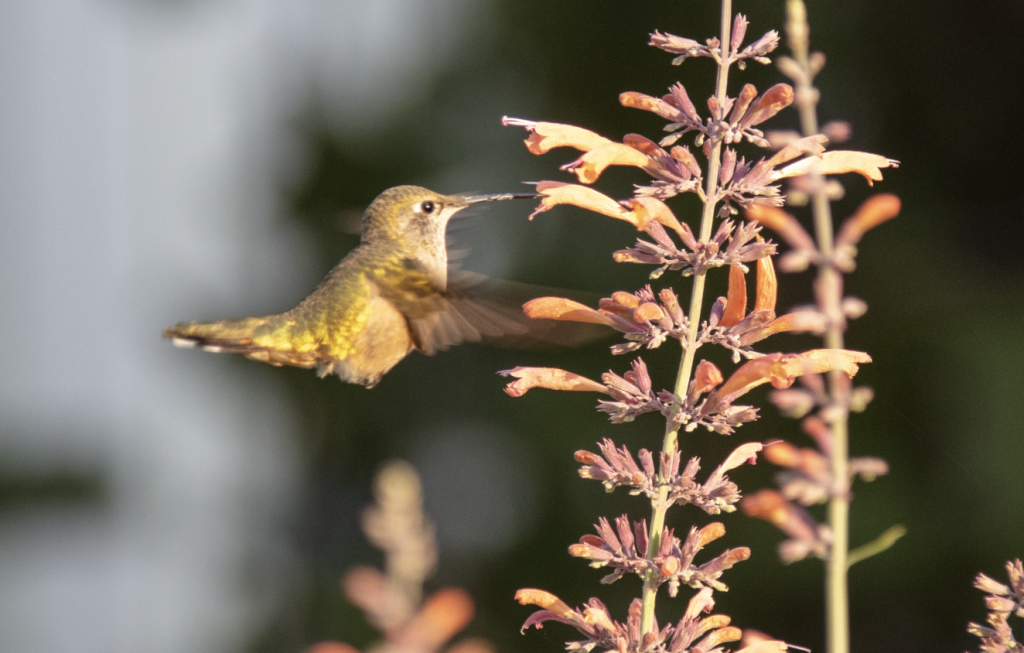
Click to read Lisa Held’s article about neonics and ecosystem damage in Civil Eats.
“Environmental experts say saving pollinators and ecosystems will take more than a new administration or state and federal bans of a few individual neonics. Real solutions may also require closing regulatory loopholes, updates to the EPA pesticide registration process, and a more concerted effort to help farmers deal with insects in less toxic ways.” Beyond Bees, Neonics Damage Ecosystems and a Push for Policy Change is coming, Civil Eats, February 2, 2021.
The Shell Oil Company had it right when they discovered the neonicotinoid family of pesticides in 1984, concluding that there was no practical use because the neonics killed everything. Ten years later Bayer Corporation offered to buy the rights to the neonics despite the warnings of Shell, claiming that they would handle the downside. They did so, as they had with many other pesticides, by denial, diversion and distraction, denying that the neonics had any role in the damages, diverting attention to a whole host of other potential culprits and distracting the discussions from the real causes. This worked for some of their earlier poisons, but not for the hyper-toxic neonicotinoids. Purely for profit Bayer chose to put the earth and all of its inhabitants at risk and now we are beginning to see the results. While we were assured that the poisoning would be limited to insects and other low level life forms that has proven not be the case and the human species will soon be at risk.
I would like to make one caveat to the Civil Eats article linked above. The Bee Informed Partnership (BIP) reports the most recent annual colony losses at 44%. BIP is an instrument of the chemical industry, intended to skew colony losses toward things like mites, and ignore the role of neonics. I spoke just this past week with a Colorado commercial beekeeper with several thousand colonies who says that his losses this year will be on the order of 80% and this is what I hear from commercial as well as hobby beekeepers all over the U.S. Don’t be misled by the BIP diversions.
I encourage all of you to read the Civil Eats piece completely and carefully, including the links. because it brings up to date many of the concerns raised over the past 15 years by Henk Tennekes, Graham White, Dave Goulson, myself and others.
As Daniel Raichel, a staff attorney at the Natural Resources Defense Council says at the end, “It is a bee issue for sure, but it’s really an ecosystem issue. It’s an everything issue.”





